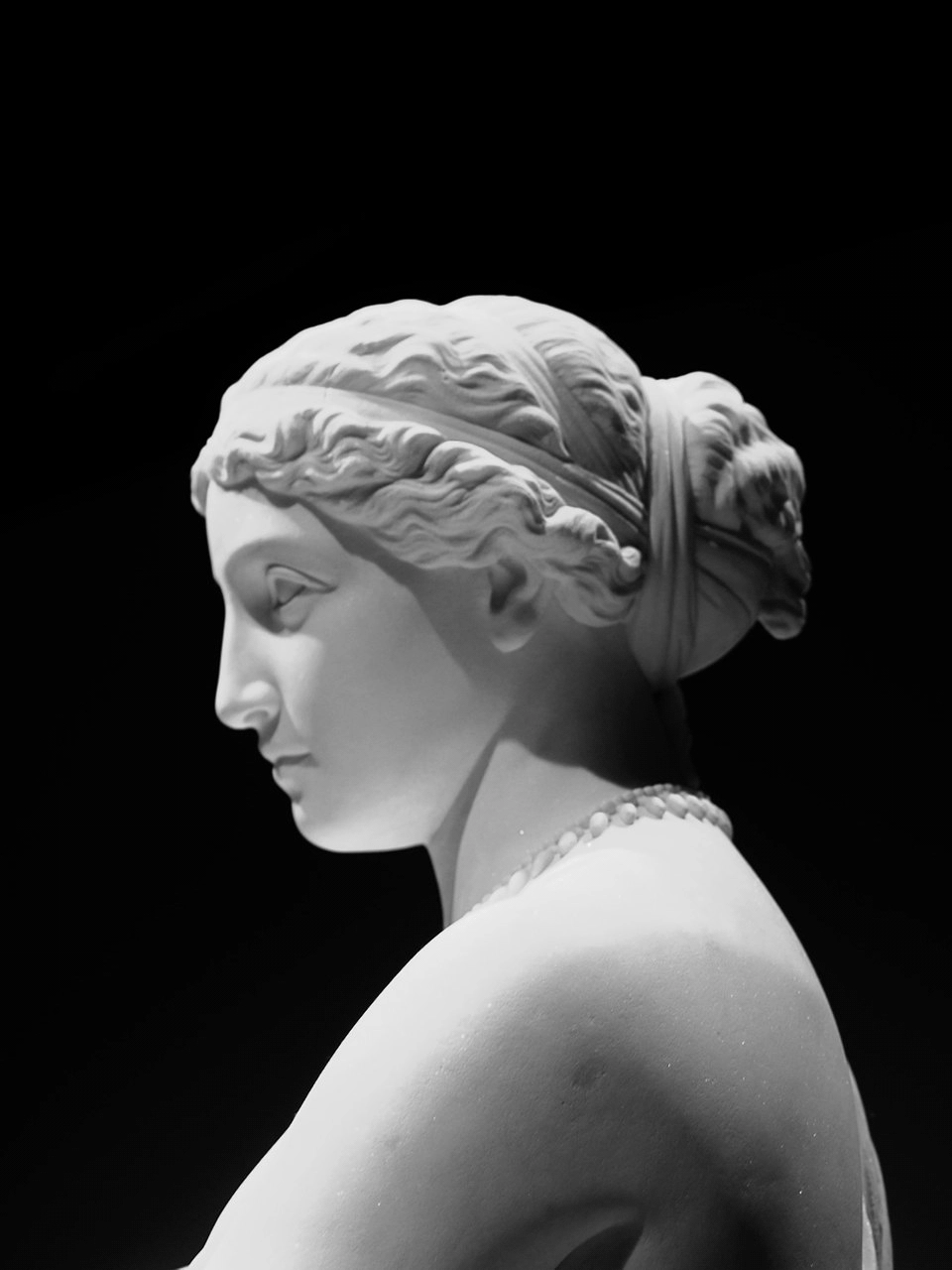This is my second Whipple of the summer and a very entertaining read it turned out to be. I saw this described somewhere as 1930’s chick lit and I wouldn’t dispute that. It is very dramatic, emotional, concerned with families, marriage and children and is slightly neurotic. It wasn’t what I expected, but I enjoyed the ride.
Saunby Priory, the unkempt, rambling home of the Marwood family dominates the novel and is a touchstone for many of its characters. When the novel opens, Colonel Marwood lives in the house with his sister, Victoria, and his two distant daughters, Penelope and Christine. They are penniless and disconnected so the Colonel marries a local spinster, Anthea, hoping that she will put the house in order and bring discipline to his daughters. The early pages of the novel focus on Anthea so I thought that this novel was going to be her story and that we would read about her struggles with married life and financial difficulties. Whipple, however, steers the story down a completely different path and this unexpectedly becomes the tale of Christine and her experience after she leaves Saunby to get married and start a new life.
Colonel Marwood is obsessed with cricket and during his annual cricket fortnight Christine meets Nicholas Ashwell, a handsome son of privilege with a domineering father. Christine falls hopelessly in love and she and Nicholas hastily marry. Well, you can imagine the problems that accompany a young marriage between a sheltered wife and a spoiled and lazy husband.

Christine always turns to Saunby when she is most desperate and toward the end of the novel I realized that the priory (though you would think the title would have given me a clue) was the major character of the novel, ever stable, ever reliable, bringing comfort and sanity to nearly every character.
This is one of those novels that has an exuberantly happy ending, with Saunby playing the main role in the conclusion. The majority of the characters suffer terrible trauma and sadness so I was glad that Whipple gave them some relief, though as the novel ends in 1938 their happiness might be short lived.
The Priory is a stylish domestic novel that completely consumed my attention. It may resemble chick lit, but as with the best domestic novels it explores social ills and world politics as they affect children and mothers – the people who are sometimes most affected by poverty and war yet least recognized as survivors. But it is also entertaining, featuring strong characters and a pleasingly twisty plot. I’ve really enjoyed both Dorothy Whipple novels I’ve read and look forward to reading many more.
Any suggestions for my next Whipple? I’m thinking perhaps They Were Sisters will be the one I try next.


Leave a comment